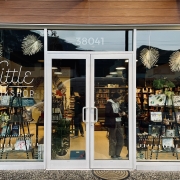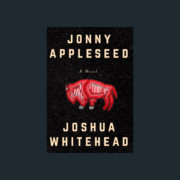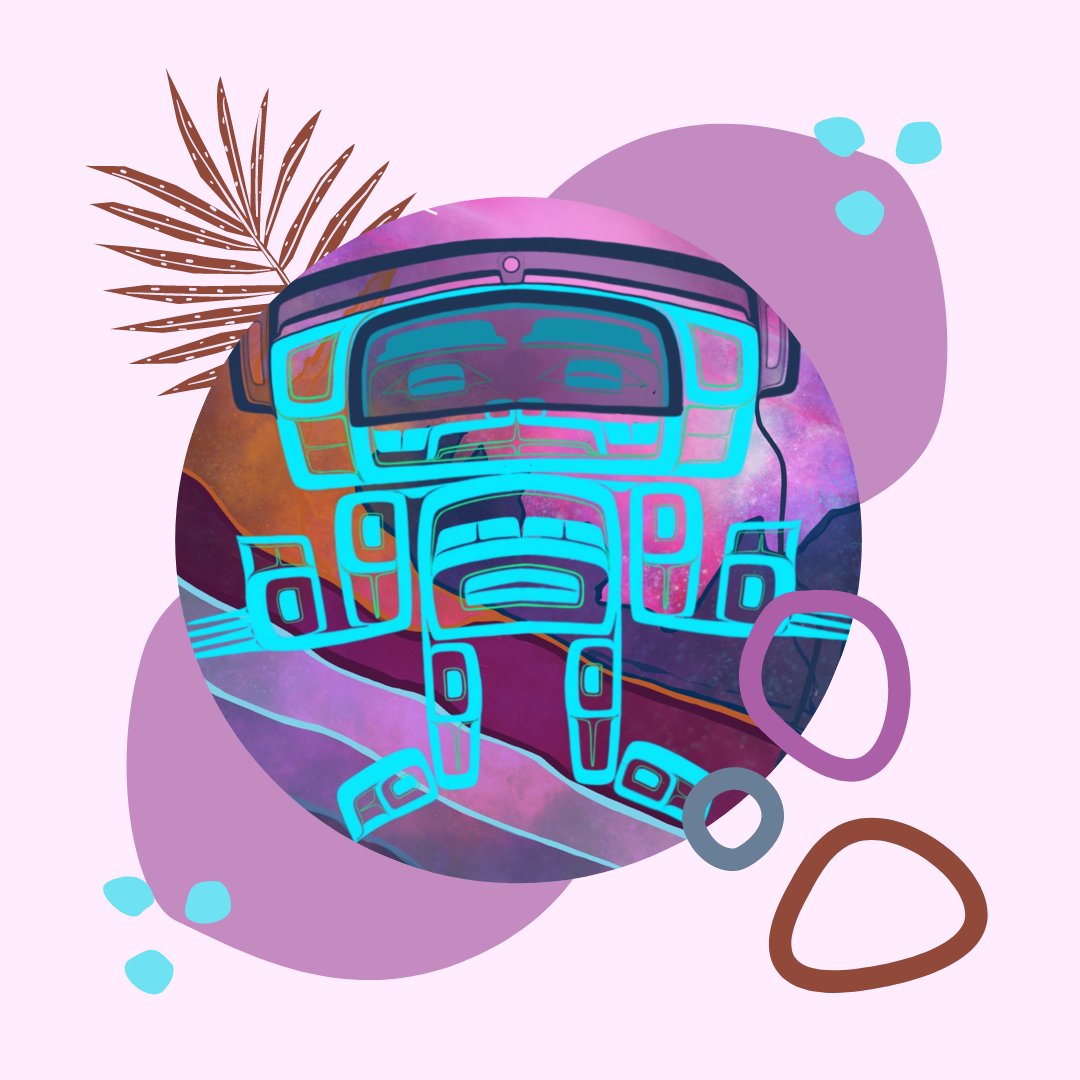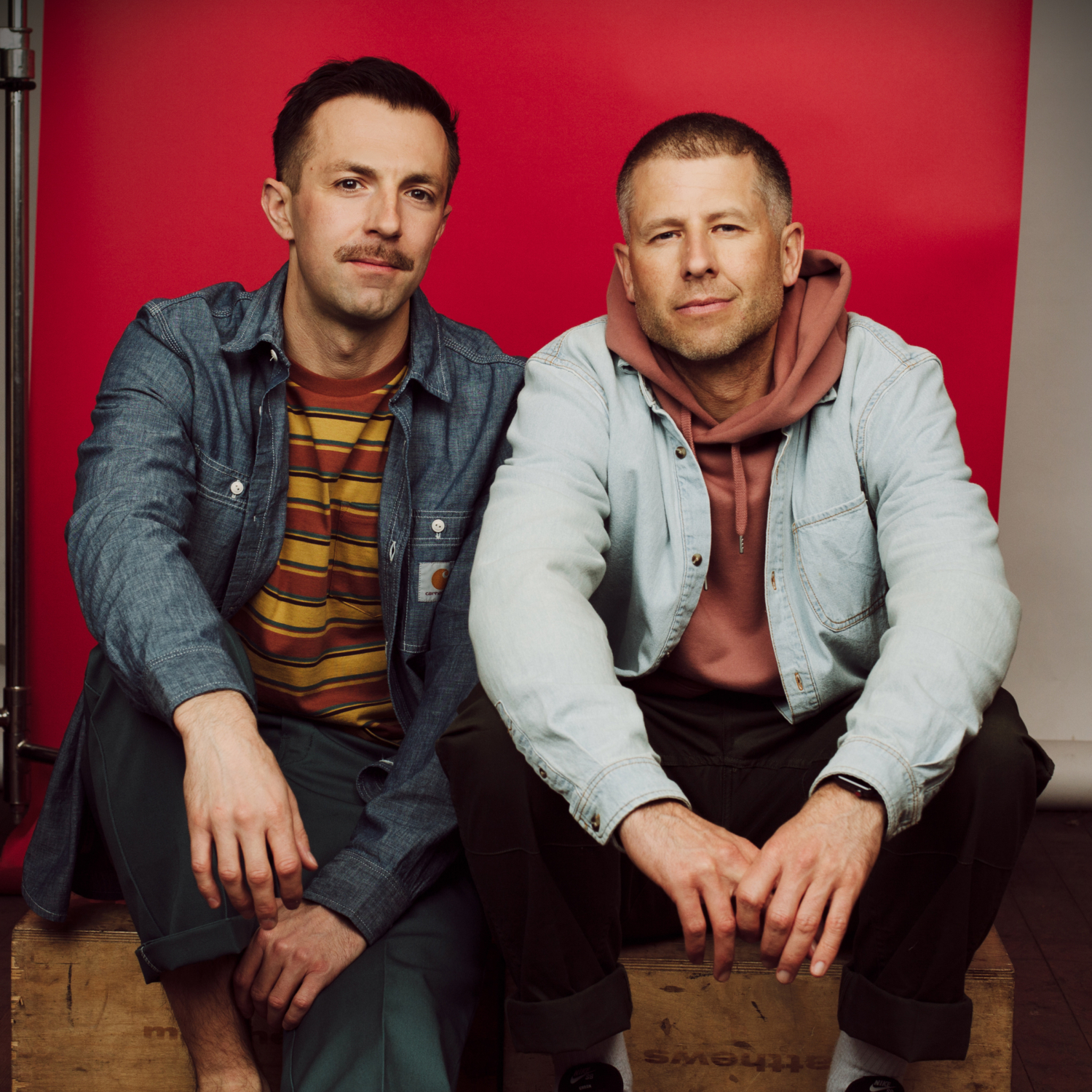Howard White was raised on the B.C. coast and never got over it. He is still to be found stuck barnacle-like to the shore at Pender Harbour, B.C. He started Raincoast Chronicles and Harbour Publishing in the early 1970s and has published his own titles including A Hard Man to Beat, Spilsbury’s Coast, The Accidental Airline, Writing in the Rain, The Sunshine Coast and A Mysterious Humming Noise (Anvil, 2019), The Encyclopedia of British Columbia and his most recent work is titled, Here on the Coast: Reflections from the Rainbelt.
No matter where people live on the B.C. coast, says Howard White, they have certain shared experiences: frustration with rain and ferries, familiarity with gumboots, bumbershoots, seagull droppings and barnacles in the wrong places.
But each little community clings to its own sense of uniqueness and considers itself the true West Coast. In Here on the Coast: Reflections from the Rainbelt, White offers fifty funny sketches of life as he has come to know it in sixty-odd years of living along that hundred-mile stretch of monsoon-prone shoreline ironically known as the Sunshine Coast.

Howard White Here on the Coast: Reflections from the Rainbelt
Included is what must be one of the most admiring testaments ever written about the virtues of the old-time outhouse; fond remembrances of saltwater fishing when a bad day meant you didn’t hook something in twenty minutes; and explorers who stooped to naming islands after favourite racehorses. We also meet a “bouquet of characters,” including a lyrical logger known as Pete the Poet; a diabolical seagoing remittance man; the saintly Quaker philosopher Hubert Evans and White’s barrier-busting Aunt Jean who taught him the advantages of “scientifically enlarging the truth.” Along with accounts of waste disposal wars and wry observations on modern technology, the B.C. bestseller Here On the Coast offers a West Coast counterpart to such favourites as Letters From Wingfield Farm and Sunshine Sketches of a Little Town. We spoke with White about Here on the Coast: Reflections from the Rainbelt, and his career in B.C.’s book publishing industry.
Tell us about the early days of Harbour Publishing
After attending UBC my wife Mary and I returned to Pender Harbour, the coastal village where I’d grown up, and started a community newspaper. The paper spawned a coastal magazine, Raincoast Chronicles, and in 1974 the magazine morphed into a list of coastal books. That list has now grown to approximately 1,000 titles.
What insights have you gleaned by being both an author and a publisher?
If you like playing with words and telling stories, being a publisher is a way you can indulge those interests and make a living, which is good because it is very hard to make a living solely as a writer. But publishing is all-consuming and doesn’t leave a lot of space to write. I have managed to squeeze in a few books of my own but the Great B.C. Novel never got written.
Can you tell us about your recent feature on the Knowledge Network’s BC 150 series?
That was fun. They filmed in our office and to spruce it up we framed and hung all our accumulated awards, which covered the walls. Somehow, not one award showed up on screen, but at least now we have them up where we can admire them. It also provided us with a good excuse to take the film crew on a cruise in the company boat, something we don’t do enough. Our bit was short but the entire series was very impressive.
Where you live has clearly inspired your work. Do you think you would have become a writer if you had grown up elsewhere?
I think so. I was bitten by the writing bug at an early age. And wherever I travel I become interested in local history. It’s the texture of local culture and the way it grows out of landscape that fascinates me, in the Yukon, on the Prairies, out East, in Mexico and if I lived in one of those places I would probably start chronicling regional character the same way I do here on the coast.
Tell us about Here on the Coast
Over the years I have written a lot of short sketches about the way people live on the B.C. coast—for talks or books or in magazines. I picked out 50 pieces that I thought said something interesting about coast life and that had a laugh or two in them. I love making people laugh and they’ve never needed a few laughs more than they did this pandemic year.
Do you have a favorite book you have written or published? Why?
Dangerous question for a publisher to answer! I loved doing Raincoast Chronicles because I think it struck a chord that helped create an identity for this region. We invented that word, Raincoast, and it became part of the language. The Encyclopedia of British Columbia also helped to tell the world what B.C. is all about. But there’s been so many—Now You’re Logging, Fishing with John, the many novels of Anne Cameron, the memoirs of Jim Spilsbury, and more recent work by the Indigenous authors Michael Nicoll Yahgulanaas, Roy Henry Vickers, and Darrel McLeod. All I can say is it has been a huge privilege to have spent a lifetime helping forge B.C.’s literary culture.
As one of B.C.’s pioneering publishers, how have you noticed the industry evolve?
It has grown 100-fold since I started and it has also become infinitely more sophisticated. But it is still very fragile and I fear for its future. Not so much because of the changing technological climate–people have stayed very loyal to the printed book–but because the book industry has become increasingly dominated by huge foreign corporations like Bertelsmann and Amazon that tend to overwhelm local culture.
What is the best writing advice you have ever received?
Don’t talk, write. And publish what you write. You’re not really a writer until you have readers.
Do you have any new projects in the works?
I’m having so much fun playing at being an author with Here on the Coast I might do another book of stories. And of course back at Harbour Publishing we are gearing up for a big post-pandemic slate of great new regional books.
Learn more about B.C. book publishers via the Association of Book Publishers of B.C.



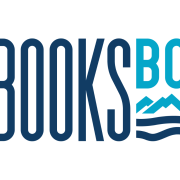
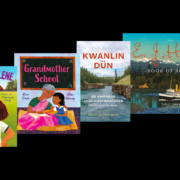
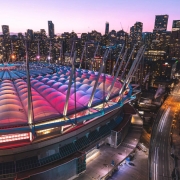 Robin Shaw
Robin Shaw 